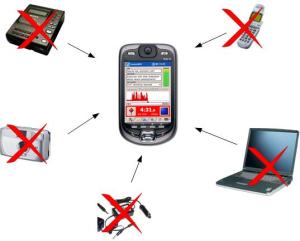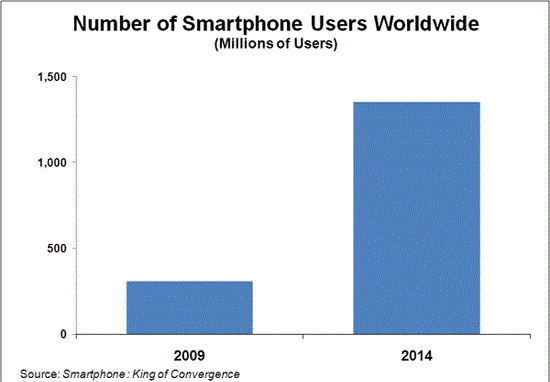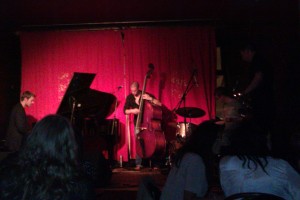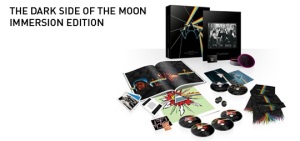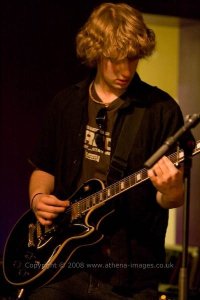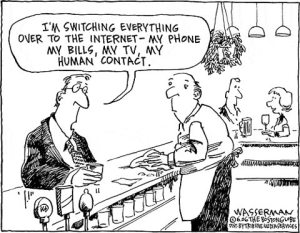There are many forms of convergence. However, in this blog post I will be focusing primarily upon technological convergence using the recent development in mobile phone technology as a prime example. Being a lover of technology and gadgets this is a subject which I find fascinating! First it is important to define exactly what convergence is:
“the merging of distinct technologies, industries, or devices into a unified whole”
Technological convergence refers to the trend for different technology based systems or devices to evolve and unify to perform related tasks. A fantastic example of technological convergence can be seen through the recent development in ” smart” mobile phones which now perform the roles and functions that used to require numerous separate electronic devices.
I experienced this first hand when I recently upgraded my five year old ancient Nokia handset to a swanky new HTC Wildfire smartphone. This was a slightly reluctant move on my part as I didn’t feel that I needed to have so much technology to hand at all times. However my new phone definitely proved me wrong! Whereas my old phone had just provided basic phone functionality along with a poor quality digital camera, my new smartphone has effectively replaced my MP3 player and camera and is definitely more portable than my laptop computer! I use my phone for the following applications:
- Portable Music Device
- Camera
- Camcorder
- Internet Browser
- Gaming Console
- Organiser/Calendar
- Social Networking
- Music recorder/basic Digital Audio Workstation!
The number of devices and functions that modern smartphones integrate into one handset really is astounding and with the app market booming and fast developing technology who knows what features will be added to phones in the future. I don’t think they should even be called phones any more as my HTC handset seems to be able to perform everything my personal computer does but on a smaller, more portable device. This integration of functionality can be found across a range of technology based products and services ranging from games consoles which play films music and video games to the internet itself which developed from a simple protocol network to provide users an almost endless range of media which can be shared to reach audiences globally.
Mobile Technology Convergence Characteristics and Number of Users
This type of convergence gives us the convenience of many devices in one product which saves on cost, size and time. The only problem is if your phone (or other convergent device) breaks your left with nothing to use! Another argument against this is that individual devices which are made for doing a specific task usually perform better at that task. Therefore sacrifices are made in quality of each function the device provides. However, convergence usually prevails over time as the quality of the converged technology develops and the quality of each function improves. Smartphones are definitely here to stay and it is predicted that by 2014 there will be one billion smartphone users worldwide.
For my contribution to the social media class collaborative bibliography I would like to provide a link to the following journal entitled “Predicting the emergence of innovations from technological convergence: Lessons from the twentieth century”. The work features in-depth case studies where industry experts predicted that multiple technologies would converge to create an entirely new product and therefore an entirely new market. It also examines the differences and similarities between the various case studies presented and looks at why some ideas for technological convergence have taken longer to be accepted by the public than others.
References:
Convergence image 1 from http://paddylevy.edublogs.org/files/2010/07/convergence1.jpg
Convergence image 2 from http://lh5.ggpht.com/_YjQRbm0VL9I/S09Gihn7v_I/AAAAAAAAAe8/qjDuy_md8Ok/image10.png?imgmax=800
Smartphone users image from http://www.parksassociates.com/blog/article/pr-march2010-smartphones
Merriam Webster. (2011) Convergence Definition [Online] Available from:http://www.merriam-webster.com/dictionary/convergence [Accessed: 7th November 2011]
Schnaars, S. (2008) Predicting the emergence of innovations from technological convergence: Lessons from the twentieth century [Online] May 2008. Available from:http://www.merriam-webster.com/dictionary/convergence [Accessed: 7th November 2011]
